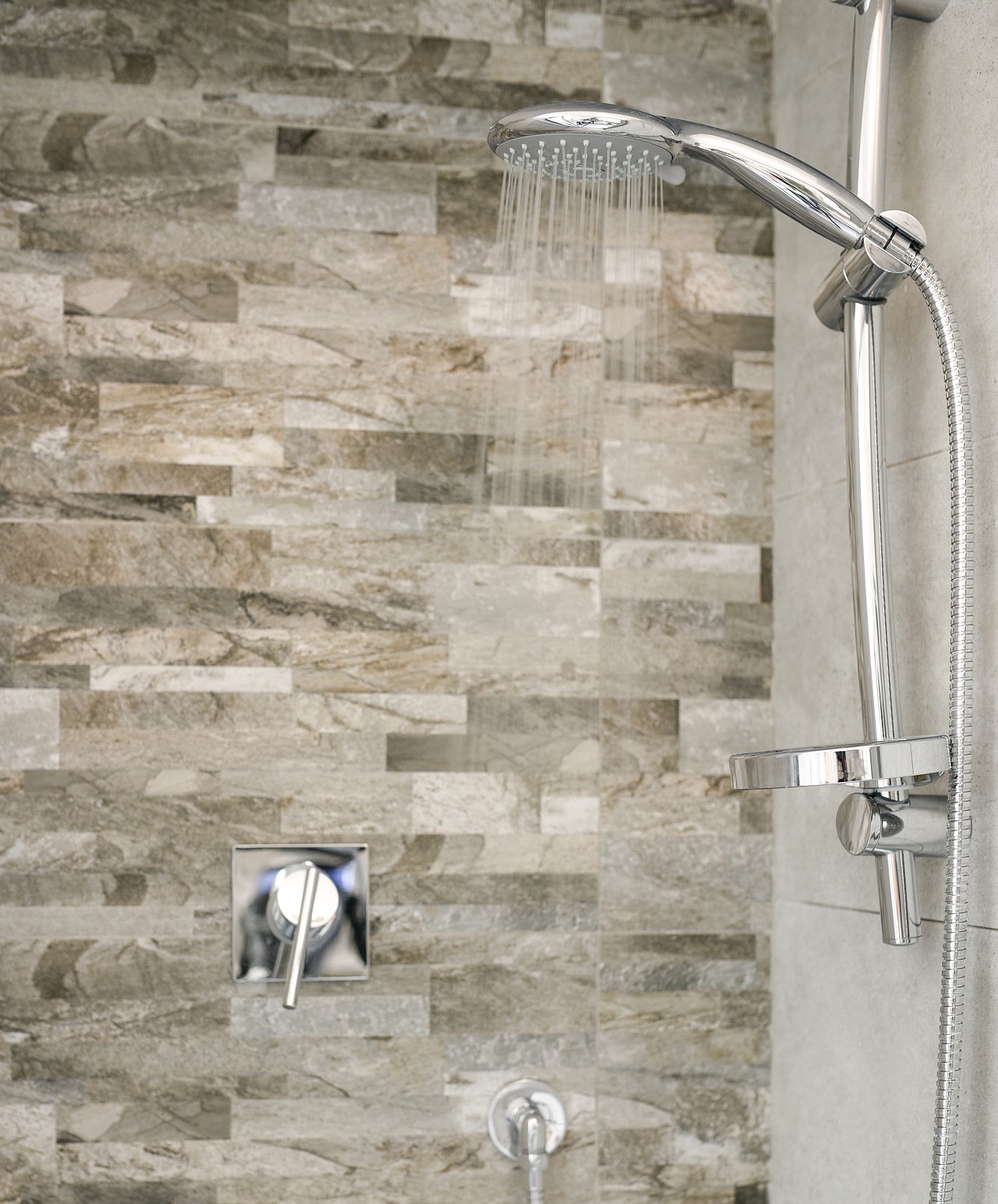
How to Troubleshoot a Water Heater Problem in 7 Steps
September 26, 20227 Steps to find out why you’re not getting hot water
Water heaters are an essential part of any home, and when they go out, it can be a huge inconvenience. No one likes taking cold showers, especially not in the fall or winter! Before you call a plumber, there are a few things you can do to troubleshoot the problem. In today’s blog post, we’ll walk you through some of the most common water heater problems and what you can do to fix them. This article is mostly referring to tank water heaters, although some of these steps can apply to tankless as well.
Remember, working with water and electricity involves serious risks. If you feel worried at all, please contact the professionals at JG Graybill to help resolve your issue immediately. We have 24/7 emergency services available if needed.
Troubleshoot a water heater problem in 7 steps
If you are a DIY’er and feel comfortable checking a few things out, then read on for how to troubleshoot a water heater problem in 7 steps below:
1.Check the power source. If your water heater is electric, make sure that it’s plugged in and that the breaker hasn’t tripped. If your water heater is gas, check to see if the pilot light is lit.
2. Check the thermostat. If it’s set too low, that could be the reason why your water isn’t getting hot enough. Try turning it up a few degrees and waiting a few hours to see if that does the trick.
3. Check for leaks. A leaky water heater can not only waste energy but also cause serious damage to your home. Look for any signs of water around the tank and be sure to check all the hoses and connections for leaks as well.
4. Check the sediment buildup. Over time, sediment can build up in the bottom of your tank and cause problems with your water heater. You’ll need to flush out your tank to get rid of the sediment. Follow the instructions in your owner’s manual on how to do this properly.
5. Check for corrosion. If there is corrosion on the inside of your tank, it will need to be replaced.
6. Check for worn-out parts. Have a professional check for any parts that may need to be replaced, such as the heating elements or thermostat. If the unit is too old, you may not be able to find replacement parts, or they may cost more than it is worth, in which case you’ll want to replace the unit.
7. Check the expiration date on your water heater unit. Most water heaters have a lifespan of 8-12 years. Some can last up to 20, but that is rare, and after about 15, the efficiency decreases greatly. If your water heater is marked to last 8-12 and you are having issues, than you can probably assume that it is time to replace your unit.
Still have questions?
We hope this blog post has been helpful in troubleshooting your water heater problem! These are some of the most common water heater problems that you may encounter at some point, and by doing a little troubleshooting on your own, you may be able to avoid having to call a plumber and save yourself some time and money in the process! However, if you’re still having problems after following these steps or if you don’t feel comfortable working on your own, give us a call and we’ll be happy to help!
Our team of professional plumbers at JG Graybill are here to answer any questions you may have, and to assist you in your water heater repair or replacement. Call us at (717) 768-3276, or fill out a contact form here.